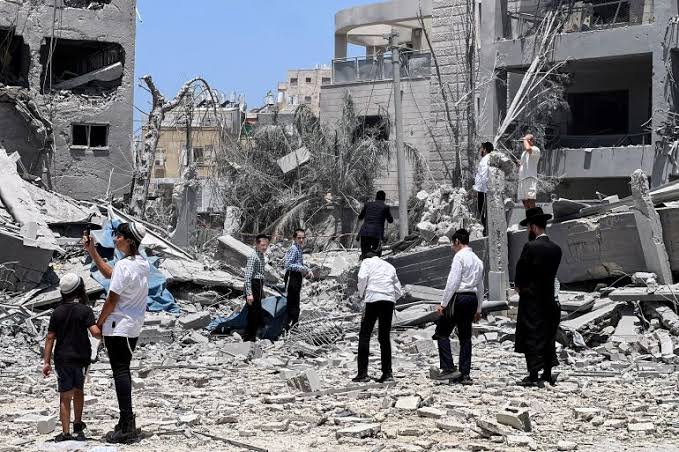By: Chioma Madonna Ndukwu
The ongoing war between Israel and Iran has intensified, triggering fears of a wider global conflict. After over a week of direct missile and drone attacks from both sides, the situation continues to escalate, with heavy casualties and damage to key infrastructure.
The conflict, rooted in long-standing political and ideological rivalries, has moved from proxy engagements to open warfare. Recent Israeli strikes on Iranian nuclear and military facilities have been met with fierce retaliation, including attacks on Israeli cities, heightening international concern.
Global powers are being drawn into the crisis. The United States is expected to support Israel if the conflict widens, while Iran has strengthened military ties with Russia and China. These shifting alliances risk expanding the war beyond the Middle East.
African nations are beginning to feel the pressure. Disruptions in oil supply have already affected global prices, which could worsen inflation and economic challenges across the continent, particularly in countries heavily reliant on fuel imports.
Nigeria, dealing with internal security threats, faces additional risks. Analysts warn that conflict spillover could bring more weapons, extremist ideology, and instability into already vulnerable regions, complicating national security efforts.
The conflict may also impact migration patterns, with increased movement from war-torn areas placing strain on neighboring regions, including parts of Africa. Humanitarian needs could rise, while global donor attention shifts away from the continent.
As the war intensifies, uncertainty grows over the future of global stability. The world is watching, as the crisis threatens to reshape alliances, economies, and regional peace.


